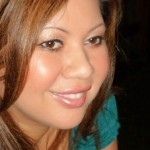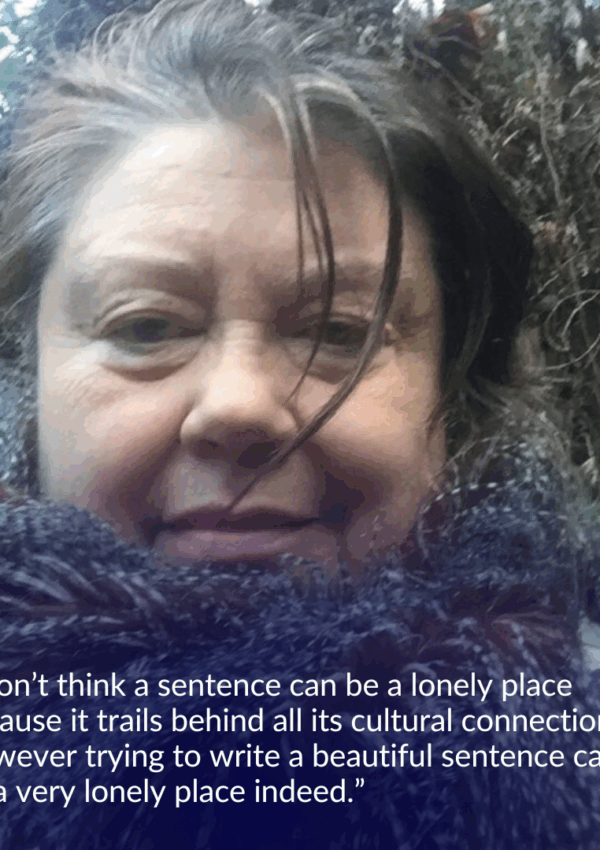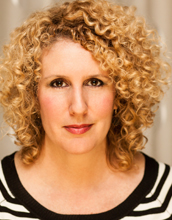 A Conversation with Jennifer Hillier: Author of Creep
A Conversation with Jennifer Hillier: Author of Creep
BF: Your debut novel, Creep, came out last year. It has been described as a dark and intense psychological thriller. What draws you to dark fiction? Have you tried writing in another genre?
JH: One of the first adult books I ever read was Stephen King’s Pet Semetary, and that’s when I realized it was delicious fun to be scared. From there I discovered crime fiction, and so I suppose I’ve always gravitated toward darker stories. It feels natural to me to write thrillers, and that’s what I’ve always written. Someday, though, I would love to write a really juicy romance. That would be a total switch!
BF: Can you share the details of your journey toward publication? What made you decide to work with an agent instead of submitting to editors on your own?
JH: I decided to go the agent route because I envisioned writing as a career, and liked the idea of having someone help me navigate the often wavy waters of publishing. I queried close to a hundred agents with Creep, and about half rejected me. Ten agents requested more material, and out of that group, Victoria Skurnick of Levine Greenberg offered representation. That was a great day. She put me through another two rounds of revisions before submitting to editors. A few rejections rolled in, but then we got an offer. It’s been wonderful working with Gallery Books (an imprint of Simon & Schuster), and I’ve built a great relationship with my editor.
BF: I recently read Creep and thought it was quite a page-turner. The suspense seemed to drip from every scene. What kind of tips can you give other writers about maintaining tension throughout a story?
JH: Thanks so much for reading! I think the key to a quickly paced, tense story is to not get bogged down with extraneous details. My prose is naturally sparse, and I think this bodes well for writing thrillers. A page-turner should always have the reader dying to know what’s next, and if you get too self-indulgent with descriptions (like I do in my first drafts), you’ll end up killing the tension.
BF: I also noticed how the novel was told from various points-of-view through third person. Many writers grapple with writing in third-person because they veer away from the designated POV. How did you determine that this mode was best for your novel? Also, how were you able to shift POVs without confusing the reader?
JH: I always write a very close POV, and I open every chapter telling the reader exactly whose head we’re in. I’m also clean with my POV shifts; they’re usually restricted to chapters. It’s pretty typical in my genre to write from multiple POVs, and I enjoy it because it allows us to see different dimensions of the story. I always pick the character who can best show us what’s happening in any particular scene, and love that it’s a way to move the story forward faster.
BF: You maintain an author’s website, a blog, and a Twitter account. How important should social media be to an author? How do you find a balance between social media and getting actual writing done?
JH: I also have a regular Facebook profile and a Facebook author page! I do think it’s important, especially for a new author, to have a web presence of some kind, though I’m still on the fence over how much participating in social media actually helps in terms of sales figures. Not every writer is comfortable with social media, and not all readers use social media to find new books. What I do know is that as a reader, it’s frustrating to be interested in authors and not be able to find a site that gives me more information about them. So at the very least, I recommend every author have a website. It definitely can’t hurt.
In terms of balance, I tweet throughout the day and update my Facebook page whenever I have something interesting to report. I don’t find either to take up much time, though I can’t say the same for blogging. Blogging—and the reciprocity of commenting on others’ blogs, which is a part of it—takes up a lot of time, and lately I’ve had to restrict my blogging to once per week because I just don’t have enough time (and energy) to blog and write.
BF: Speaking of finding a balance, what does a typical day look like when you’re writing (for example, do you prefer to write at home or in public? Do you prefer to write in the morning, or at night while everyone else is asleep?)
JH: I write at home, in a designated home office that’s all mine. Typically, I’ll write with the door closed, and I’ll have a cup of tea to my right and a lit candle to my left. I usually write in the afternoons, but I’ll write well into the night if I need to. I write Monday through Friday and will usually take weekends off, unless I’m up against a deadline.
BF: What is your favorite part of the writing process? What is your least favorite?
JH: My favorite part of writing is being surprised by what comes out. I don’t outline, so I’m often shocked by the things my characters say and do. My least favorite about the process is reading reviews. Even if they’re positive, it’s stressful. I hope that one day I’ll be able to read my reviews and just roll with them, but for right now, they make me nervous.
BF: How has your life changed now that you’ve been published?
JH: It’s always been a dream of mine to see a book of mine on the shelf, and it was proud moment for me to see that dream come true. But overall, life is still the same. I still have terrible writing days, I still write horrible first drafts, and I still get insecure about my work. And I still feel funny when I tell people I’m a writer, though at least now I can tell them where they can find my book.
BF: Who are some of your current favorite authors? Who was your favorite childhood author?
JH: Stephen King is my all-time favorite, and I’ve definitely been reading his work the longest. I’m also a huge fan of thriller writer Jeffery Deaver (who ended up blurbing Creep—another dream come true), Chelsea Cain, and Greg Iles. I loved the Hunger Games trilogy, so now I’m a big fan of Suzanne Collins. As a child, I loved Nancy Drew and the Hardy Boys, but I was introduced to Stephen King at age 11, so he probably ranks as my favorite childhood author, too.
BF: Finally, Freak, the sequel to Creep, will be released in August 2012 (I can’t wait!). Can you give us any hints on what we can expect? Do you have any other projects in the works?
JH: I love writing villains, and Freak definitely has a whole bunch. In this new book, we’ll get to see Dr. Sheila Tao finally settle some scores, with the help of a beloved character in Creep who also returns. I do have an idea for a new story brewing, that takes place in a cold, wintry city (maybe Toronto, maybe New York, haven’t decided yet), and the villain has a very large pet cat who assists in the killings (maybe I’m joking, maybe I’m not).
Thanks so much for this interview! I am so honored to be included in your magazine.
For more information about Jennifer or her books, visit: www.jenniferhillier.org.



